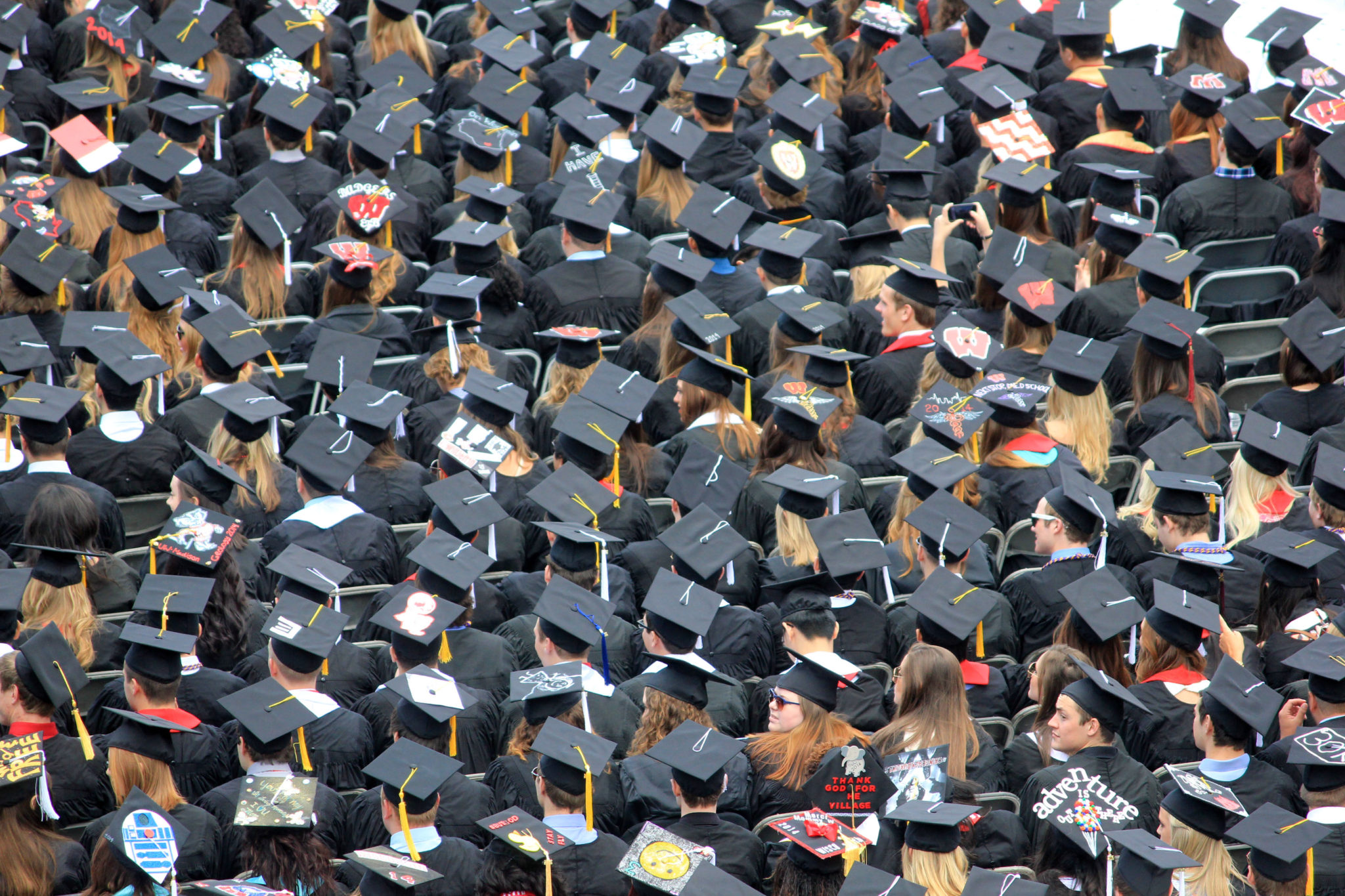Today, the average student in the United States graduates with $29,400 in student loan debt. High youth unemployment may make it very difficult for many of these students to repay their student loans. As a result, young people struggle with monthly payments they cannot make. Many wonder: Will bankruptcy get rid of student loans I have taken out?
Does bankruptcy get rid of student loans?
Unfortunately, probably not. A bankruptcy filing in Washington, D.C. is rarely able to eliminate student loans. The law provides special protections to student loan lenders. And these protections make it very difficult for a debtor to have student loan debt discharged. To determine if student loan discharge may be possible in your case, and for help trying to get your loans discharged, it is advisable to speak with an experienced and knowledgeable Washington DC bankruptcy attorney who can evaluate your situation.

Student Loans and Bankruptcy in Washington DC
Under the bankruptcy laws in the United States, debtors cannot currently discharge student loans under any chapter of bankruptcy. The two most common types of consumer bankruptcy are Chapter 7 and Chapter 13. Student loans must be paid 100 percent in full, regardless of which chapter of bankruptcy you file. Failure to pay student loans results default status. Student loan collectors employ aggressive collections efforts, including the seizure of your tax returns.
The only limited exception to the rule against discharging student loan debts is in cases where it would be an undue burden and a significant financial hardship to ever repay the loan. This does NOT mean that you can have debts discharged just because you cannot find a high paying job. You can’t discharge your loans because it turns out that your degree is not one that employers place a high value on in the job market. This also doesn’t mean that you can have student loan debts discharged if you didn’t finish your degree.
The undue burden standard is a very difficult one to meet. Typically, student loans will only be eliminated in bankruptcy in the most extreme of cases. For example, if you have become totally and permanently disabled and unable to work since the time your degree was earned, this may be a rare situation in which you could have student loans discharged because repaying them imposes too great a burden. This is a very narrow exception. If you believe you fall within an exception to nondischargeability, call our office for a free consultation. We may be able to help you convince the court that your student debt should be discharged.
So where do we go from here?
Unless and until the law is changed, few people will succeed in having a student loans discharged in bankruptcy. Lawmakers and bankruptcy lawyers together have made efforts to change the law. Until this occurs, however, students must explore their repayment options.
